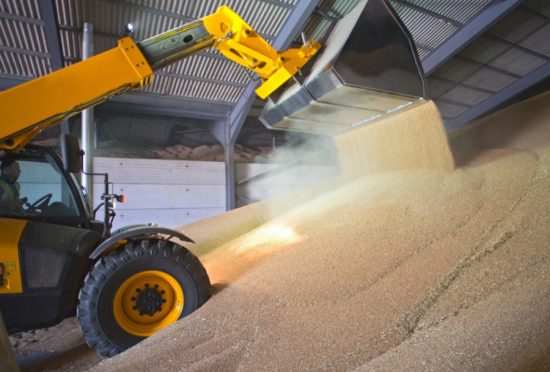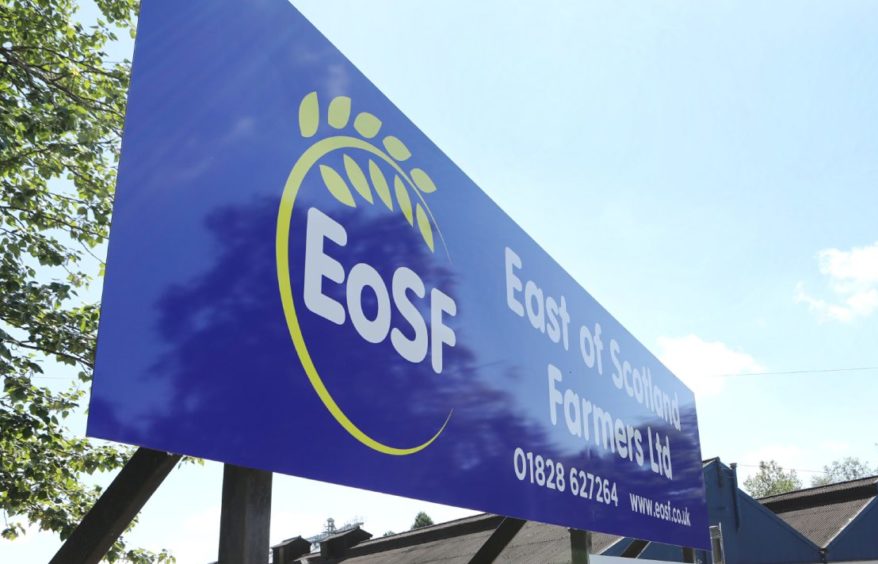Any faint hopes that a new or existing Scottish farmers’ co-operative could buy 200,000 tonnes of grain storage ahead of this year’s harvest have been dashed.
Strategically-sited storage – including 25,300 tonnes in granaries at Errol – was launched on the market by Savills last week after the Alexander Inglis & Son grain merchanting business went into receivership.
A closing date of June 18 has been set for offers over £16 million.
The industry was blindsided by the company’s collapse which has left an unknown number of farmers in limbo and without homes for their grain just weeks away from the 2021 harvest.
At an NFU Scotland (NFUS) webinar to discuss increased farmer co-operation in light of the collapse, East of Scotland Farmers (ESF) general manager Robin Barron ruled out the possibility of the Coupar Angus-based co-operative getting involved in taking over any of the available storage.
“The timescale is unrealistic,” he said.
“ESF is not in a position to put in an offer, even if it was our strategy to do so. In order to get that site operational for this harvest, it’s not just buying the stores, its having the staff, making sure all grain stock is out of it, having customers lined up. All of that is maybe achievable in time but trying to do it in advance of this year’s harvest is a big ask.
“Basically we have to stand back and see who the stores are bought by. If its someone in the industry then there’s always the possibility of doing something as a partnership.”
The union’s cereals committee chairman, Willie Thomson agreed the best hope for the industry was for the stores to bought and made available for harvest.
“People are upset and angry about how it has played out, but the important thing is we make the best of harvest 2021 while being mindful there are people in financial and emotional distress,” he said.
“We still have no idea how many farmers are involved in the administration. The union is putting information out, advising those affected to get in touch with the receivers and signposting to growers what steps they should be taking.”
Mr Thomson suggested a farmers’ co-operative wouldn’t necessarily need to own storage, but could come together in a collective to deal with a merchant.
He added: “It could be a hybrid of East of Scotland Farmers but without the capital input. But is that going to be attractive to merchants? I don’t know.”


